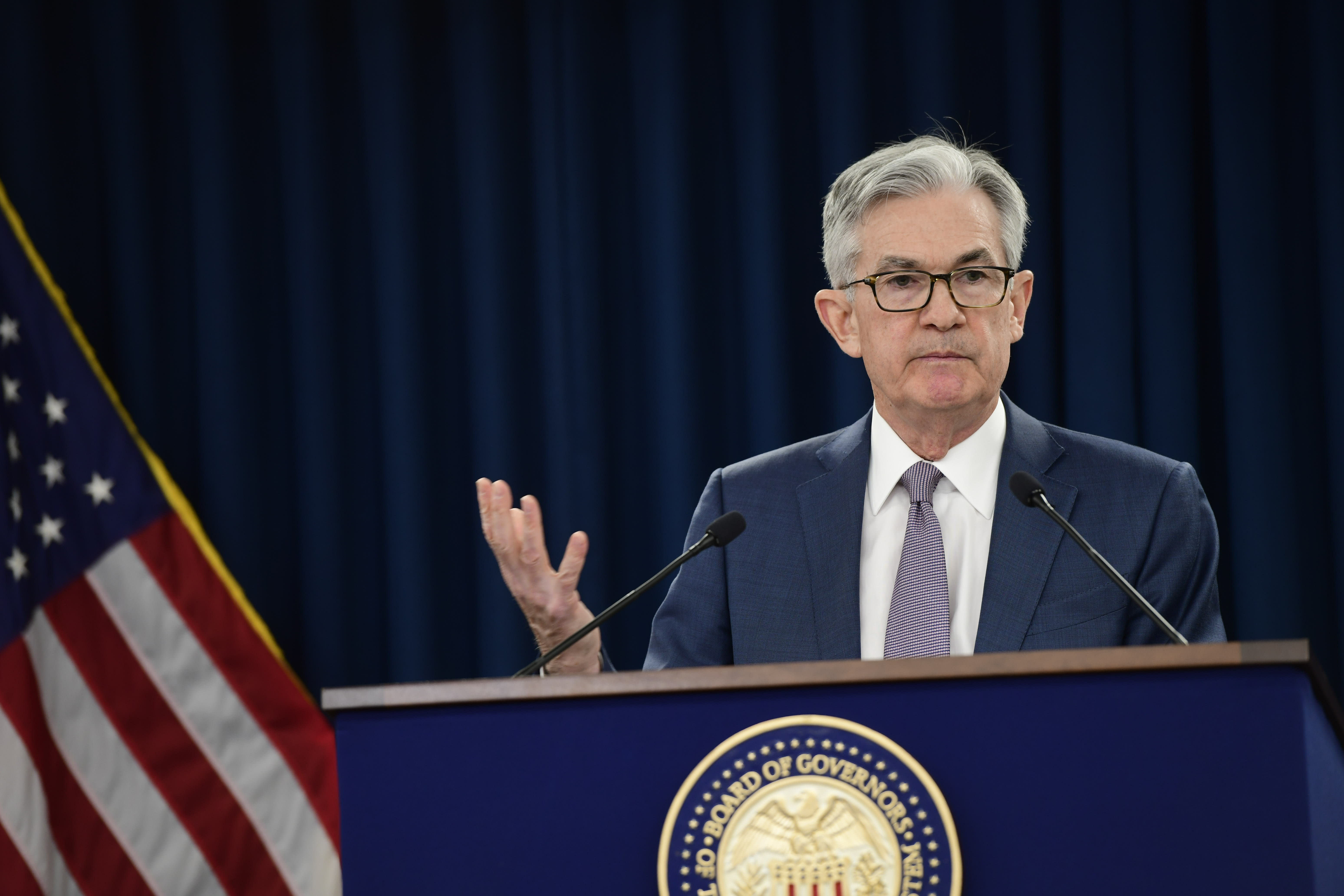Federal Reserve Chairman Jerome Powell said more stimulus is needed to ensure a robust economic recovery from the coronavirus crisis.
"It may well be the case that the economy will need more support from all of us if the recovery is to be a robust one," Powell said at a virtual news conference on Wednesday following the central bank's latest policy decision. "Will there be a need to do more though? I think the answer to that would be yes."
"We have a number of dimensions on which we can still provide support to the economy as you know our credit policies are not subject to a specific dollar limit," Powell said. "They can be expanded as needed and we can do new ones, so we can continue to be part of the answer."
In a bid to offset the economic damage from the coronavirus, the Fed has slashed its benchmark interest rate to near zero and launched a variety of programs that total more than $2 trillion aiming to get money to households and businesses in need.
"We can do what we can do, and we will do it to the absolute limit of those powers," Powell added.
Following this week's Federal Open Market Committee meeting, the central bank said it would maintain its current interest rate target between 0% and 0.25%. It pledged to keep rates near zero until full employment returns and inflation gets back to around the Fed's long-stated 2% goal.
The U.S. economy shrank 4.8% in the first quarter, marking the biggest decline since the worst of the financial crisis. The pandemic has also wiped out all the job gains since the Great Recession, as more than 26 million Americans filed for unemployment over the last five weeks.
"Overall economic activity will likely drop at an unprecedented rate in the second quarter," Powell said. "Both the depth and duration of the economic downturn are extraordinarily uncertain, and will depend in large part on how quickly the virus is brought under control."
The Fed has taken unprecedented action to provide support, including launching programs that would total up to $2.3 trillion and include the Payroll Protection Program and other measures aimed at getting money to small businesses and bolstering municipal finances with a $500 billion lending program.
Powell said there are legal restrictions on what the central bank can do, such as not being allowed to lend to insolvent companies, but that it will do everything it is allowed to do.
— CNBC's Jesse Pound and Pippa Stevens contributed reporting
Subscribe to CNBC PRO for exclusive insights and analysis, and live business day programming from around the world.


